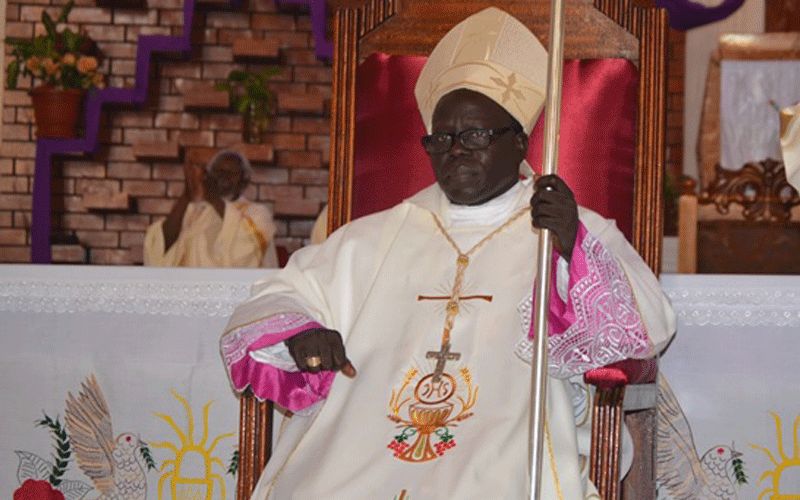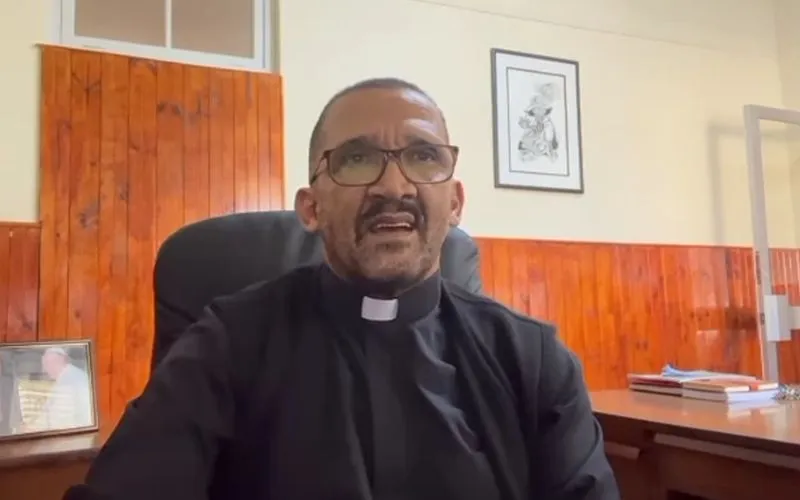“I will make orders tomorrow (Tuesday, May 26) that (not) any deceased will be taken to the village anymore,” President Kiir notified citizens during his state of the nation address, which he held to condemn those who spread propaganda of his death on social media and to dispute an allegation that he handed over the leadership of the country to one of his Vice Presidents.
Speaking to ACI Africa on the last day of the month of May, the leader of the only Metropolitan See in South Sudan advised, “Since it is a contagious disease, we have to bury people wherever they die immediately so that the virus does not go outside.”
Archbishop Ameyu called on the South Sudan’s High Level Task Force on COVID-19, headed by one of the Vice Presidents, Hussein Abdelbagi, not only to limit their mandate to the supply of personal protective equipment (PPE) but also to facilitate burying the victims of COVID-19 in a manner that would minimize the spread of the virus.
“This special taskforce, with a protective gear, should be the ones to bury people in a specific way without contamination,” he said and emphasized, “I propose that the taskforce extend their mandate to bury those who are suspected of dying from coronavirus.”
Responding to the citizens’ resistance to the looming presidential order, allowing their loved ones entombed in the cemeteries, the South Sudanese Church leader called on his compatriots to withhold the tradition of burying the dead at home during this time of the pandemic.
“We, in the African tradition, would like to be close to our dead people and that is why we bury them maybe in front of our houses or behind the house; but again, in regard to the pandemic, let us forget the African culture for a moment,” the 56-year-old Archbishop said.
Comparing COVID-19 to other perceived contagious infections that forced Africans to detach themselves from the diseased, the Archbishop said, “Our people bury bodies of people with leprosy very far from the house because the sickness is suspected to be contagious and people prefer to bury them far away from the house.”
He further noted that African tradition provides the people with many other ways of burial, of disconnecting themselves from contagious pandemic diseases such as Ebola.
The Local Ordinary of Juba Archdiocese explained, from a Christian point of view, the value of burials in common places saying, “Even then, they are supposed to be buried in a special place called the cemetery; there, the family can go to visit from occasion to occasion, especially on November 1st and November the 2nd.”
He added, “These are the days for remembering the saints and then remembering also the dead; these are the special days in the Catholic Church. People have to go and visit their dear ones in the cemeteries instead of burying them in the (homestead).”








